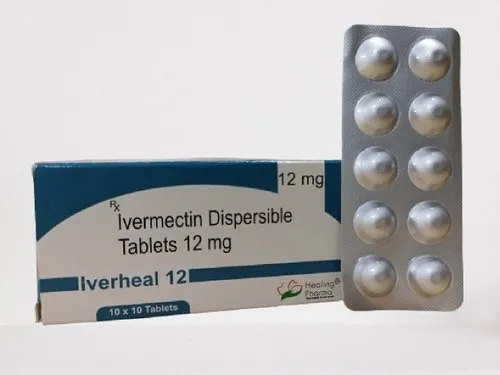
Ivermectin, a drug primarily known for its antiparasitic properties, has gained attention in recent years as a potential treatment for cancer. This interest is driven by laboratory and preclinical studies suggesting that ivermectin may have anti-cancer properties. However, the use of ivermectin for cancer treatment is controversial and requires a critical examination of the existing evidence.
Background on Ivermectin
Ivermectin is widely used to treat parasitic infections such as river blindness and lymphatic filariasis. It works by binding to and inactivating specific ion channels in parasites, leading to their paralysis and death. Given its effectiveness and relatively low cost, ivermectin has been a staple in global health initiatives.
Preclinical Evidence
Preclinical studies have suggested that ivermectin might exert anti-cancer effects through several mechanisms:
- Inhibition of Cell Proliferation: Ivermectin has been shown to inhibit the proliferation of various cancer cell lines, including breast, ovarian, and colorectal cancers.
- Induction of Apoptosis: The drug appears to promote apoptosis (programmed cell death) in cancer cells.
- Disruption of Energy Metabolism: Ivermectin can interfere with the energy production processes in cancer cells, which may hinder their growth.
- Modulation of Immune Response: There is some evidence that ivermectin can modulate the immune system to enhance the body’s natural anti-cancer responses.
Clinical Evidence and Trials
While preclinical findings are promising, the translation of these results into clinical settings is not straightforward. Clinical trials are necessary to establish the efficacy and safety of ivermectin as a cancer treatment in humans. As of now, only a limited number of clinical trials have been conducted, and the results are not conclusive.
- Ongoing Research: Several clinical trials are currently investigating the potential of ivermectin in combination with other cancer treatments. These trials are crucial for determining appropriate dosages, potential side effects, and overall effectiveness.
- Preliminary Results: Some early-phase trials have reported positive outcomes, but these findings need to be validated in larger, more rigorous studies.
Safety Concerns
The repurposing of ivermectin for cancer treatment raises important safety considerations:
- Dosage: The doses of ivermectin required for anti-cancer effects might be higher than those used for parasitic infections, leading to concerns about toxicity.
- Side Effects: Common side effects of ivermectin include dizziness, nausea, and skin reactions. High doses may increase the risk of severe adverse effects.
Regulatory and Ethical Issues
The off-label use of ivermectin for cancer treatment poses regulatory and ethical challenges:
- Approval Process: Regulatory bodies like the FDA and EMA have stringent requirements for the approval of new cancer treatments. Ivermectin would need to undergo extensive testing and review.
- Ethical Considerations: Prescribing ivermectin for cancer without robust evidence of its efficacy and safety can lead to ethical dilemmas, particularly if patients forego established treatments in favor of an unproven alternative.
Conclusion
The potential use of ivermectin as a cancer treatment remains a topic of significant interest and debate. While preclinical studies provide a basis for further investigation, there is currently insufficient clinical evidence to support its routine use in cancer therapy. Rigorous clinical trials are essential to determine whether ivermectin can be safely and effectively repurposed for cancer treatment. Until then, it is crucial for patients and healthcare providers to rely on established, evidence-based treatments for cancer.
References
For further reading and detailed studies on this topic, refer to the following resources:
- National Cancer Institute
- ClinicalTrials.gov
- FDA – Oncology (Cancer) / Hematologic Malignancies Approval Notifications
Note: Always consult a healthcare professional before considering any off-label use of medication.


